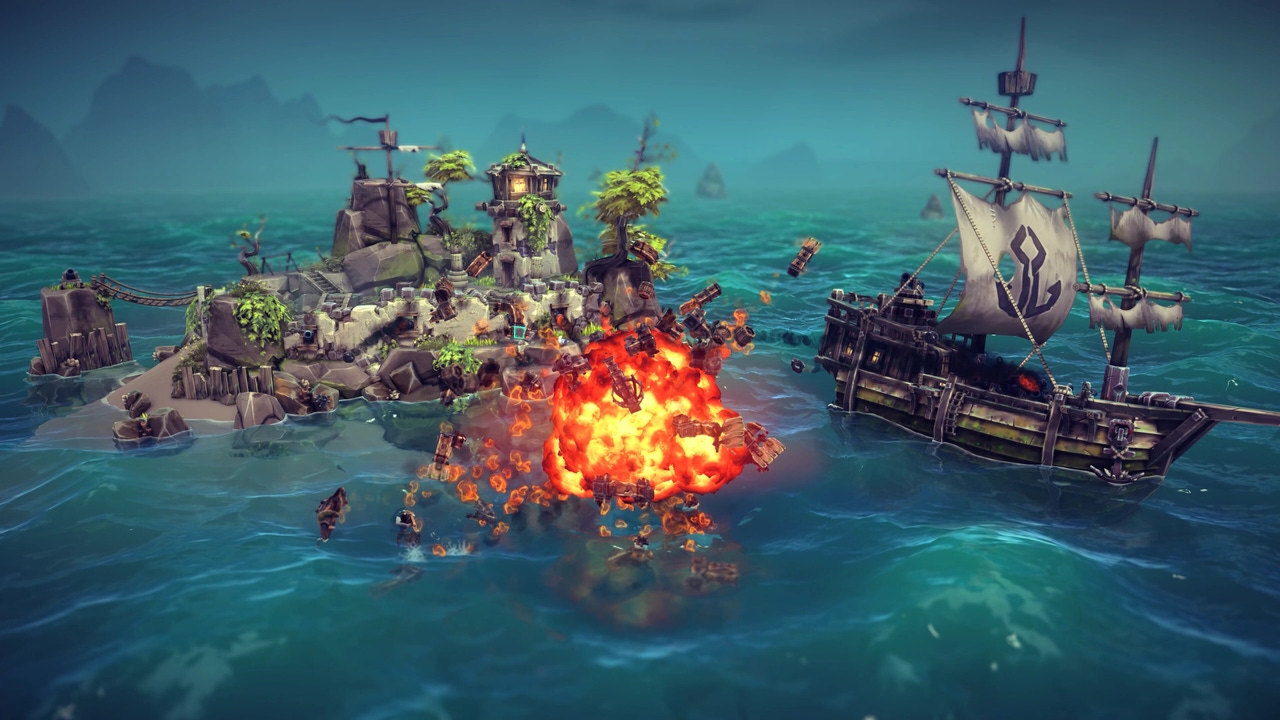Trending
Opinion: How will Project 2025 impact game developers?
The Heritage Foundation's manifesto for the possible next administration could do great harm to many, including large portions of the game development community.
Controller support is just one hurdle for games like Besiege; Spiderling Studios explores why adding that to PC isn't as simple as copy-and-pasting its console counterpart's code.

During our conversation with Spiderling Studios' lead producer Toby Hawkins and publishing director Stefan Metaxa, our conversation drifted around the possibility of the Early Access hit Besiege ever becoming Steam Deck compatible. To our surprise, the answer was "not any time soon."
That's a slightly unusual statement to hear from a PC-first developer. After all Besiege is practically a quintessential success on Steam. It's a game from a mid-sized company that prioritizes fascinating physics simulation over flashy graphics or a cinematic story. It's a game that benefits from noodling around with a keyboard and mouse.
That didn't stop Spiderling from producing a console version for Xbox One and Xbox Series X|S—one that works well with an everyday controller. Shouldn't that mean the game can be easily brought over to Valve's portable device?
The problem, Metaxa said, is that the Xbox version of Besiege is radically different from the PC version. "The game kind of needed to be rebuilt from the ground up to work on console and with controllers," he explained. "It's kind of a different game in a way."
That makes sense. As a physics-heavy game, Besiege needs to be architected in a way that can make the most of a device's GPU. Combine that with the different control schemes and it's understandable why an expansion to console came with plenty of extra work. But at least in that case, doing a ground-up overhaul of the game didn't mean interfering with the original.
To get the game working on Steam Deck however, would impact the version of it working on PC. "From a general publishing space, I find the Steam Deck to be a very interesting space," he said. "It's definitely been something that we're looking at and looks interesting for us."
But for now, the game is simply "not the best experience" on the portable device.
Spiderling Studios' experience shines a light on the nuances of Steam Deck development. Though the Proton-based Steam OS does a fantastic job making many games run on its hardware, it's not going to be enough for some developers to automatically make the jump.
Such limitations may subtly influence the growth of the handheld market—or conversely, if the handheld market sector grows, it could impact what games PC developers choose to make.
You May Also Like